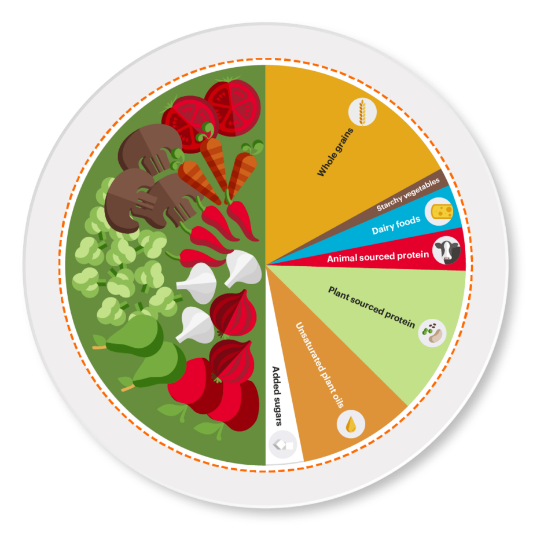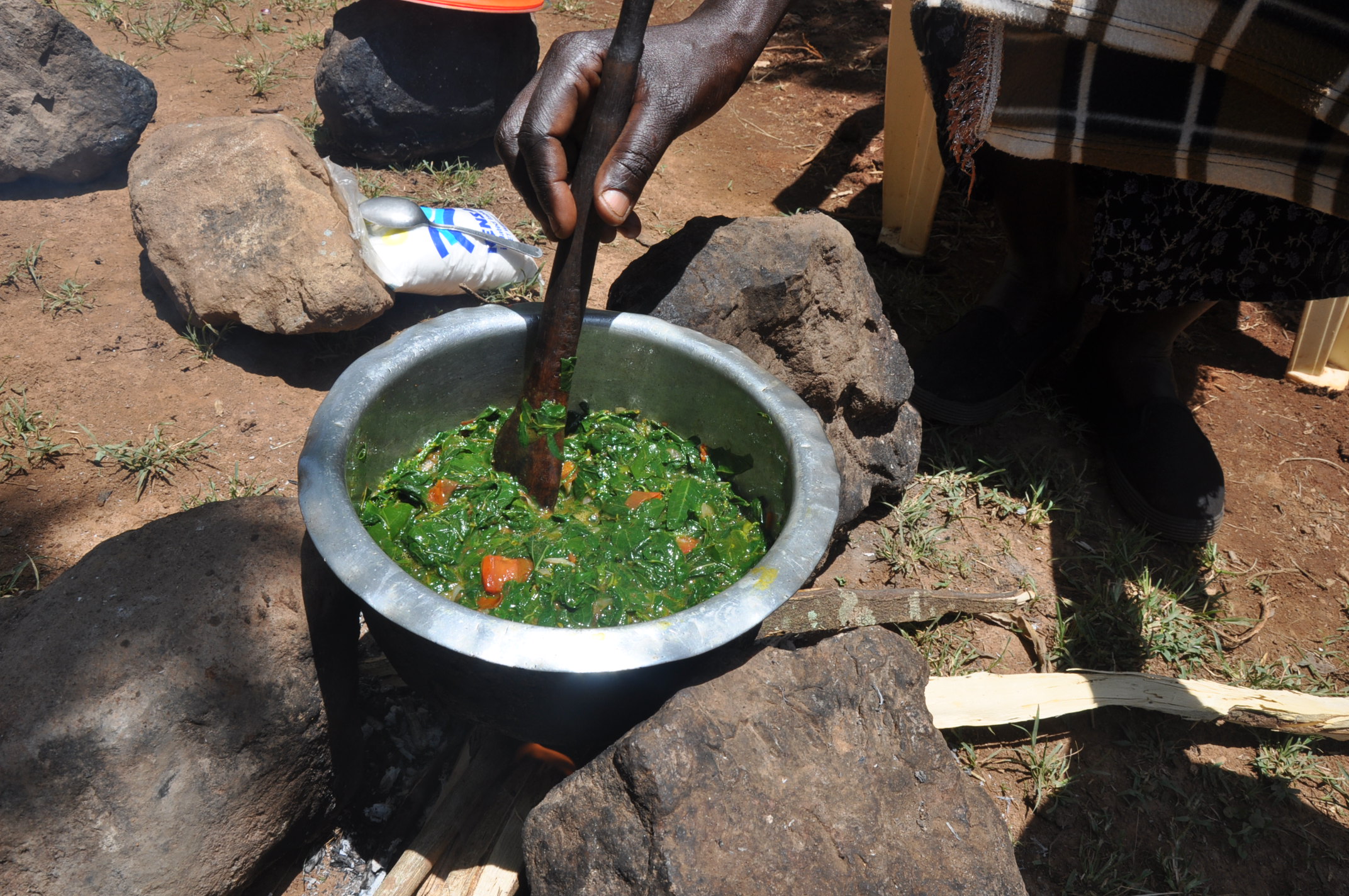Metabolism and Capacity: History and Labour in Post-apartheid South Africa

This essay by Thomas Cousins originally appeared on Somatosphere on October 8, 2023. It is reposted with permission by the author and the editors. I start with the question, why was it necessary, from 2008, for Mondi South Africa to spend R50 million (USD 8 million) a year on a nutrition intervention for 10,000 timber plantation labourers in KwaZulu-Natal province? The simple answer, to improve labour productivity, belies the dark histories of colonial conquest and apartheid exploitation, on the one hand, and the developing science of fatigue, nutrition, and infectious disease over the 20th century. The question opens out to a critical look at the way in which these working bodies were understood to metabolise calories and other substances, and suggests a…



